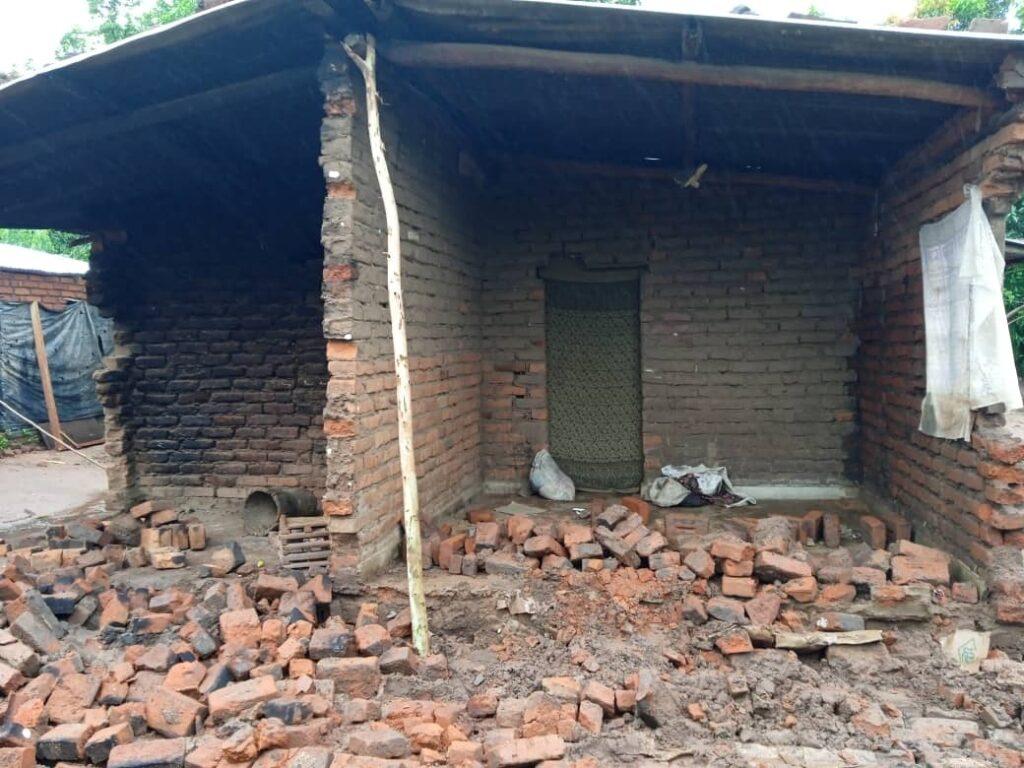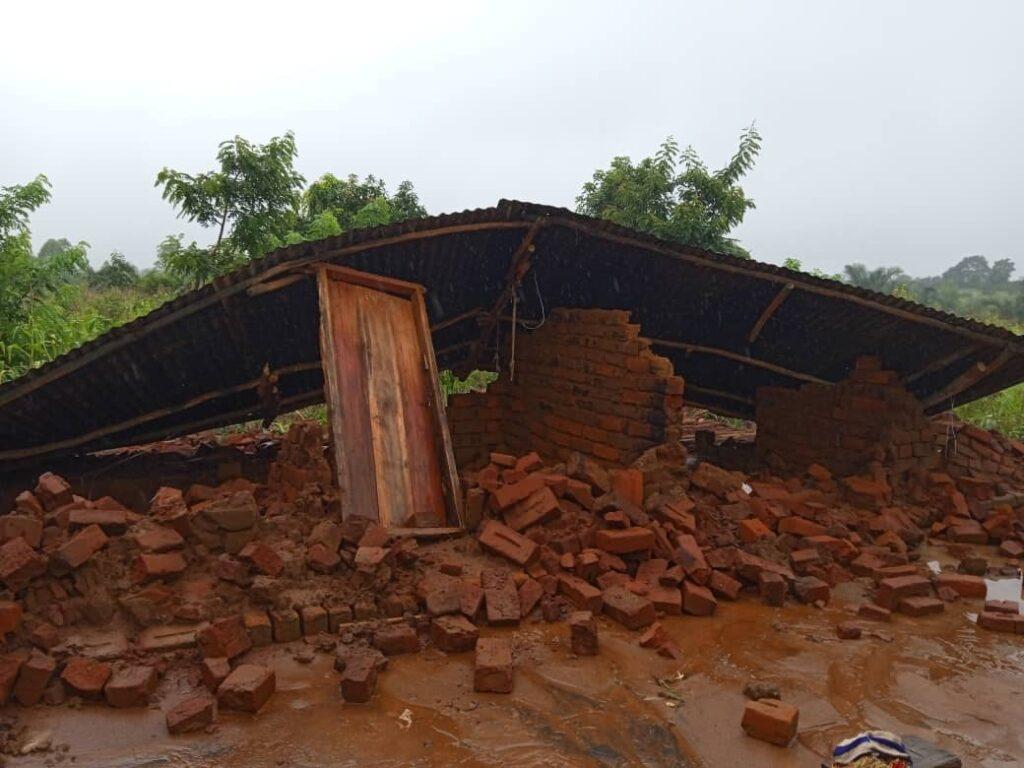Many of my friends in the U.S. have either personally experienced or know those who have experienced extreme weather events. In some areas of the country, we have it down to a system.
For example, where I come from, predictions of a snowstorm mean that you stock up on pantry staples (and, for some reason, toilet paper) and make sure you have plenty of entertainment to get you through the time you’re housebound. At best, the snowplows will have the roads cleared in a day; at worst, you may be stuck eating Campbell’s soup for three or more days in a row (which, if you’ve ever tasted Campbell’s, is actually quite devastating). Those who live in hurricane-prone areas have a similar, but slightly more intense, routine.
And while severe weather certainly can cause loss of life and damage of property in first-world countries – I don’t want to downplay the real difficulties that some have been through – even when it comes to the level of a natural disaster, we have a pretty good national response sector. The government and volunteer organizations work together, spending whatever amount of money is necessary to save lives and replace damaged infrastructure.
Extreme Weather Events in Malawi
But let’s take the same scenario to a country like Malawi. First of all, not everyone has access to a means of getting news, so some have no idea what’s coming. And even if they do, what preparations can they make? Stock up on groceries? No way – the majority of the population has never been to a proper grocery store and keeps no non-perishable food in the house. No electricity means no refrigeration – which means you go out and get the food you need on a daily basis. Evacuate? Definitely not. That would mean leaving your things unsupervised, and someone might then steal everything you own. Besides, where would you go? And how would you get there?
So people just remain in their poorly-constructed houses because, what else can they do? And when the rainwater starts to seep through the walls and turn their dirt bricks and mortar into mud and walls start to crumble, they just move to the other side of the house. And there they stay, cold, dirty and hungry. Because a steady stream of rain means you can’t go and buy/harvest some relish to go with your nsima. It means you can’t collect water to cook with and heat water for bathing with. So many of the things that we take for granted and have in our self-contained homes simply don’t exist here.



When the Government can’t cope with extreme weather events
And even when the government tries to respond, it can’t meet the demand. It hardly had enough resources to keep the country afloat in the first place. It was just scraping by with the poor-quality infrastructure that it had because it couldn’t afford to replace it. So how will it get the hydro stations up and running after massive damage when they were struggling to provide consistent power with much more minor problems? And how will they fix the roads when they had to rely on foreign countries to build them on the first place?
All these things just continue to create further problems. No electricity, for example, means the maize mills can’t run. So even those who have maize can’t eat because they have no way to make flour for nsima. (And everyone who has been to Malawi knows that they agree that “man cannot live by bread alone”, but they’ve changed the last part to “but by nsima at every meal.”) And when it comes to roads, we don’t have limitless numbers of alternative routes like other countries do. So, an impassable road means supplies and help simply can’t get through.
I could go on, but I won’t. I have really only barely scratched the surface of the implications of a storm like Freddy. My intention is not to be dramatic, but to give you an idea of how difficult it is in a country like Malawi to put together the broken pieces and move on. The need is truly overwhelming. In our small area alone, where the damage wasn’t nearly as extensive as in other areas, dozens if not hundreds of homes have collapsed.
We need your prayers
We need your prayers! Please pray for wisdom to know how to best help when the need goes far beyond our resources. Please pray for grace to use this as an opportunity to show Christ’s compassion to the community around us. The people need your prayers too! Many have lost loved ones. Many have been displaced. Many are just doing their best to keep warm as the rains continue. Please pray that the Lord will keep us from further loss of life and will use even this for good in the lives of these dear people.
Read about our relief effort here: Cyclone Freddy
The form is not published.

